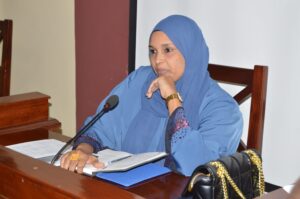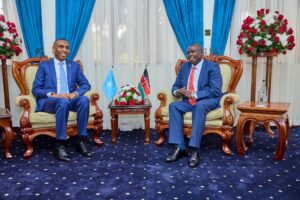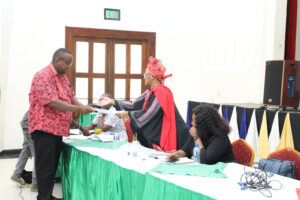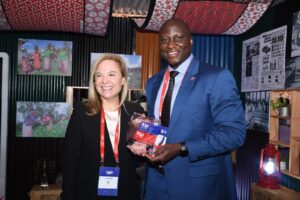Environmentalist bringing grassroots organisation to the Great Green Wall.
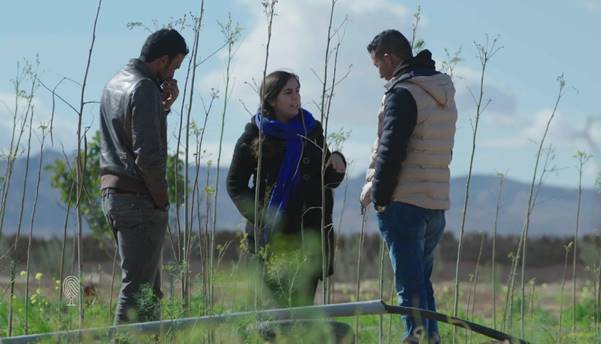
If completed in full, the wall will be more than three times the length of the Great Barrier Reef, currently the largest living structure on Earth.
Credits CNN
In a report for Call to Earth, CNN speaks to Sarah Toumi, an environmentalist who achieved success in combatting desertification in Tunisia and who now finds herself at the heart of one of Africa’s most ambitious initiatives.
Within the next decade, the Great Green Wall project hopes to restore 100 million hectares of land between Senegal in the west and Djibouti in the east, creating a 15-kilometer-wide (9 miles) and 8,000-kilometer-long (5,000 miles) mosaic of trees, vegetation, grasslands and plants.
If completed in full, the wall will be more than three times the length of the Great Barrier Reef, currently the largest living structure on Earth.
Toumi has been involved in the initiative’s recent fundraising push, which received a major boost in January: $14 billion in new funding from France, the World Bank and other donors — contributing nearly half of the $33 billion the UN estimates is needed to achieve the 2030 goal.
CNN hears she was invited to join the project after founding an organisation called Acacias for All, which aims to restore land affected by desertification in Tunisia. The organisation has planted more than 700,000 acacia trees in the region and allowed for other trees and crops to be planted nearby.
The French-Tunisian conservationist has also sought to bring local communities into the project, which resulted in her being named a Laureate of the Rolex Awards for Enterprise in 2016.
In addition to land restoration, the Great Green Wall aims to create 10 million jobs in rural areas and Toumi explains how vital community collaboration is to make the project possible: “It’s about creating sustainable livelihoods for people. So that they can live peacefully in their ecosystems and preserve their traditions and preserve their landscapes… They need to eat, they need to improve their livelihoods, and then they will think about their ecosystem.”
CNN also speaks to Monique Barbut, former executive secretary of the United Nations Convention to Combat Desertification and special envoy for biodiversity to the French President, about why Toumi was approached to join the project and her role in allocating their new funding on the ground.
“Sarah Toumi has tremendous experience in Tunisia working with grassroots organisations. She perfectly understands what their needs are, but also what is needed to make the project come to reality.
As the population grows rapidly in the region, land restoration combined with job creation is becoming all the more urgent. Across the African continent, more than half of the 375 million young people entering the job market in the next 15 years will be living in rural areas.
For Toumi, CNN hears that she believes her previous experience can help establish sustainable livelihoods across the continent: “It’s very easy to plant a tree, but it’s not easy to grow one. What I learned in Tunisia from just planting acacia trees into growing agricultural ecosystems with communities, creating value chains that sustain the ecosystem.”




